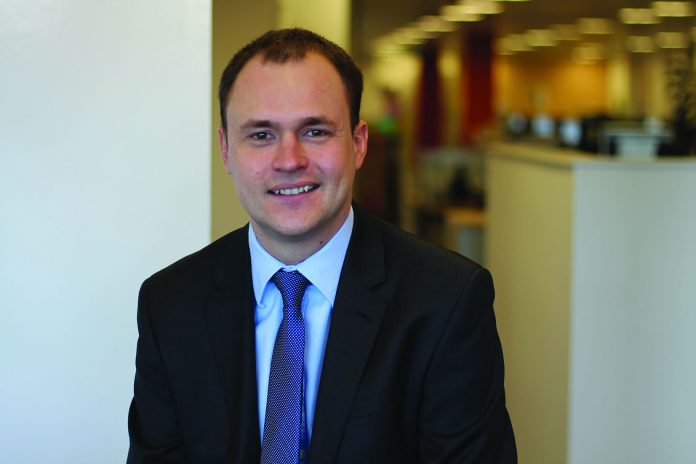The Independent Healthcare Providers Network (IHPN) has written to the Secretary of State for Health and Social Care Matt Hancock calling for the proposed Health Service Safety Investigations Bill (HSSIB) to expand its remit to cover both NHS and privately funded care.
The Bill gives powers to the current Healthcare Safety Investigation Branch to investigate patient safety incidents and ensure learning is shared across the health service.
However, the Bill as drafted only applies to the provision of NHS-funded care.
IHPN wants it to be amended in line with the NHS Patient Safety Strategy which calls for a ‘whole systems’ approach to patient safety, as well as other healthcare initiatives such as the NRLS (National Reporting and Learning System). Th NRLS covers patient safety incidents across NHS and private care, with learning shared across the healthcare system.
‘With independent healthcare providers delivering over 2 million acute procedures every year, it’s vital that privately funded care is covered by the proposed Health Service Safety Investigations Bill,’ said David Hare, chief executive of IHPN. ‘The health service has made huge strides in recent years in taking a more systems-based approach to safety and we urge the government to amend the Bill and bring it into line so that all patients, regardless of how they access their healthcare, are able to benefit from this shared system learning.’
The HSSIB had its second reading in the House of Lords on 29 October. Peers from across the three main parties echoed IHPN’s calls for the remit of the Bill to be extended, and a Joint Committee of the Commons and Lords on the HSSIB stated ‘our evidence was clear that HSSIB’s remit should extend beyond just NHS-funded services to the whole healthcare system’.
Key healthcare bodies calling for privately funded care to be covered by the Bill also include the Royal College of Surgeons, Royal College of Nursing and the British Medical Association.








 ©2024 All rights reserved LaingBuisson
©2024 All rights reserved LaingBuisson 

